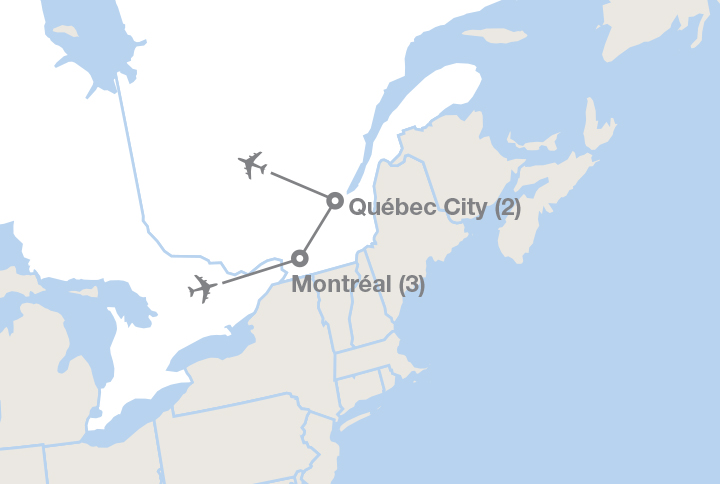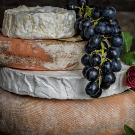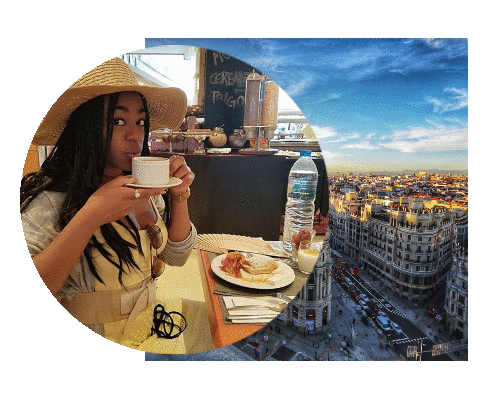Montréal & Québec

-
Day 1
-
Day 2
Add this in-depth excursion:
Montreal Cooking Class
-
Day 3
-
Day 4
-
Day 5
-
Day 6
-
Day 1
-
Day 2
Add this in-depth excursion:
Montreal Cooking Class
-
Day 3
-
Day 4
-
Day 5
-
Day 6
Confidence • Curiosity • Global perspective • Empathy • Adaptability • Relatability • Self-Awareness
What's Included
-
Transportation
Various modes of transport are tailored to your program. While some transfers are included, others may come at additional cost.
-
Accommodations
Safe, comfortable lodging will be waiting for you at your destination.
-
Select meals
Enjoy a combination of included meals and the freedom to explore local cuisine on your own.
-
End-to-end support
Your dedicated EF team helps secure administrative approval and academic credit, provides enrollment tools, and helps establish your program’s ongoing presence on campus.
-
EF Global Learning Toolkit
We offer various tools to help educators facilitate student growth abroad and on campus, including academically enriched travel programs, industry engagement opportunities, global learning resources, and a Global Competencies Assessment tool.
-
Guided exploration
Gain insider knowledge and cultural perspective from licensed local guides: natural historians who provide cultural insights to enhance learning moments throughout the program.
-
Field Visits
Experience academics in action during engaging visits with relevant organizations, thought leaders, and partners.


